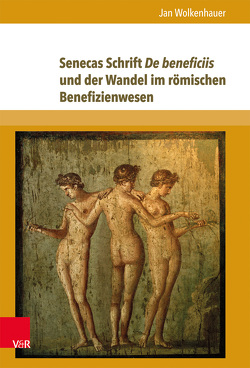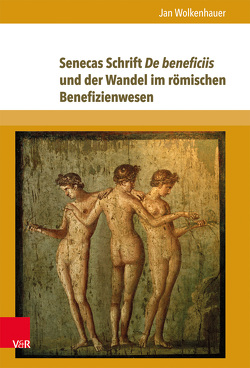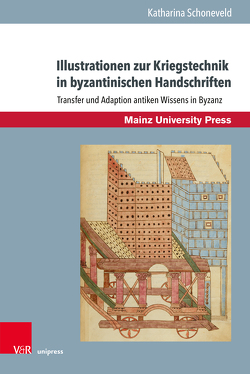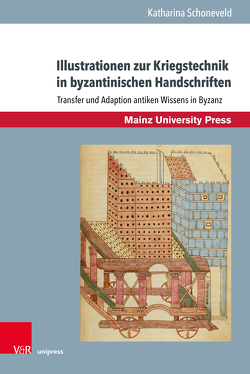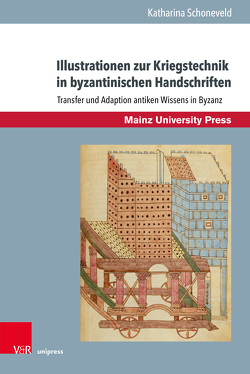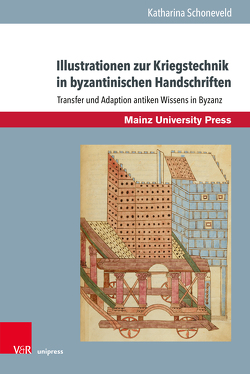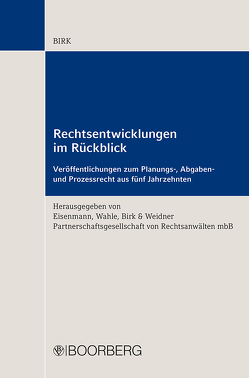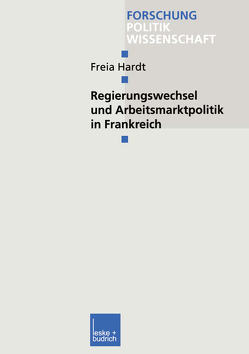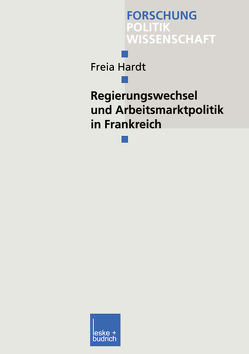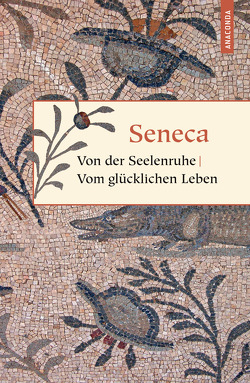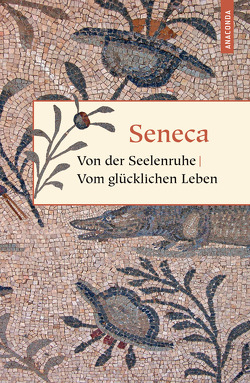Senecas Schrift De beneficiis und der Wandel im römischen Benefizienwesen
Jan Wolkenhauer
The Roman aristocracy under the Republic was pervaded by a dense network of personal ties between its members. These ties and, by extension, the aristocracy itself, were maintained through mutual aid and the bestowal of favours (beneficia). The establishment of imperial rule brought about fundamental changes to this social system.This study examines how the modes of allocating scarce goods and services among the aristocracy changed during the upheavals which accompanied the transition from Republic to Principate and the attendant consequences for personal ties, for the contemporary conception of beneficia, and for the conduct of the persons involved.Seneca’s treatise De beneficiis serves as a contemporary reflection of this change. Seneca had first-hand experience of the manifold practices of the aristocratic trade in favours. He condemns his contemporaries’ behaviour (without exempting himself) and, drawing on Stoic thought, he proposes instead an alternate scenario of gift exchange intended to promote virtue rather than simply submit to necessity.

